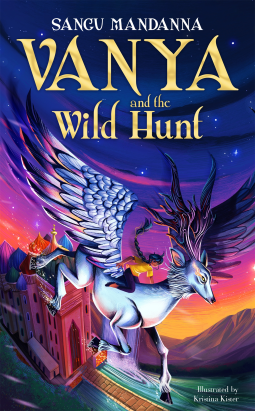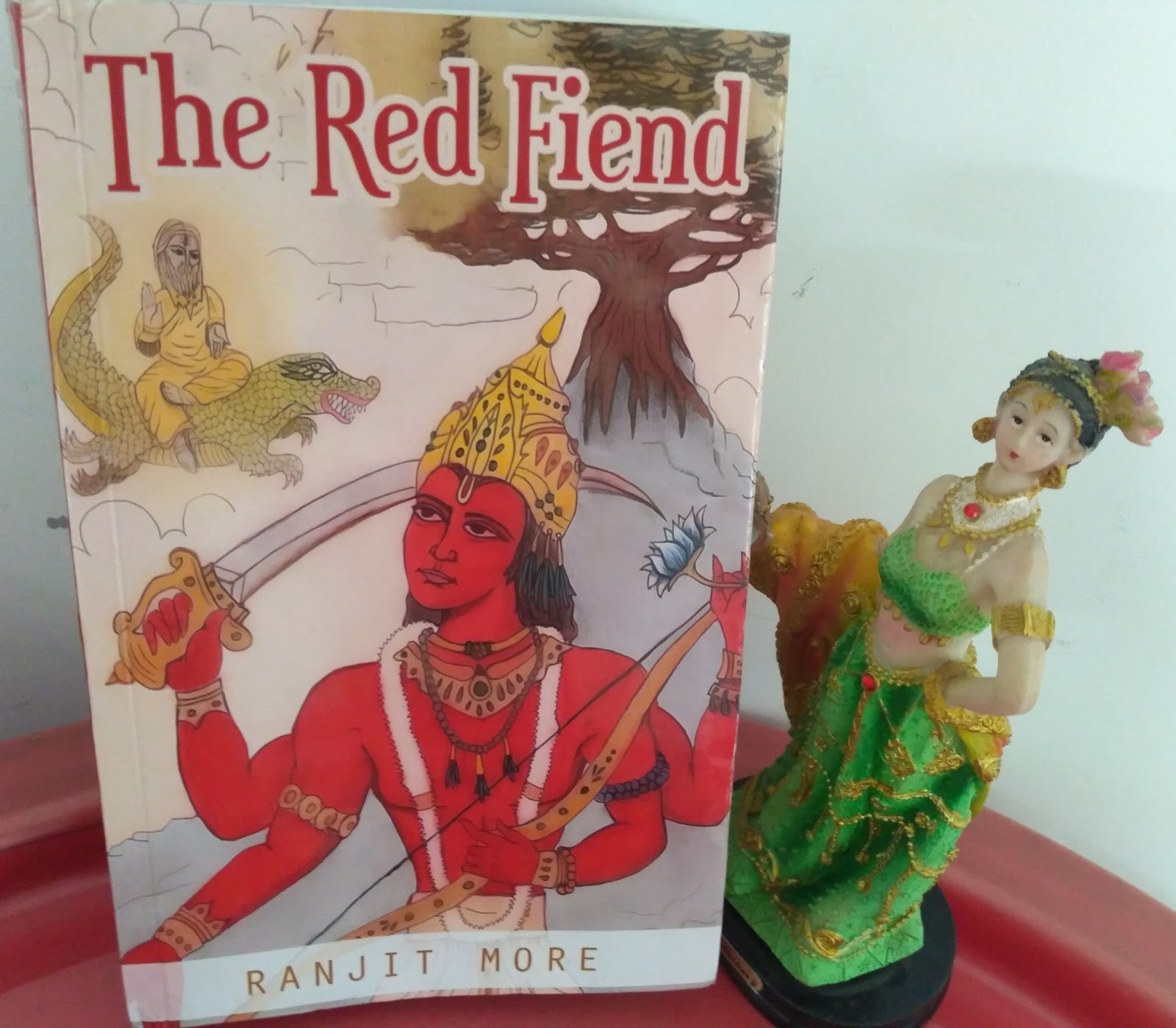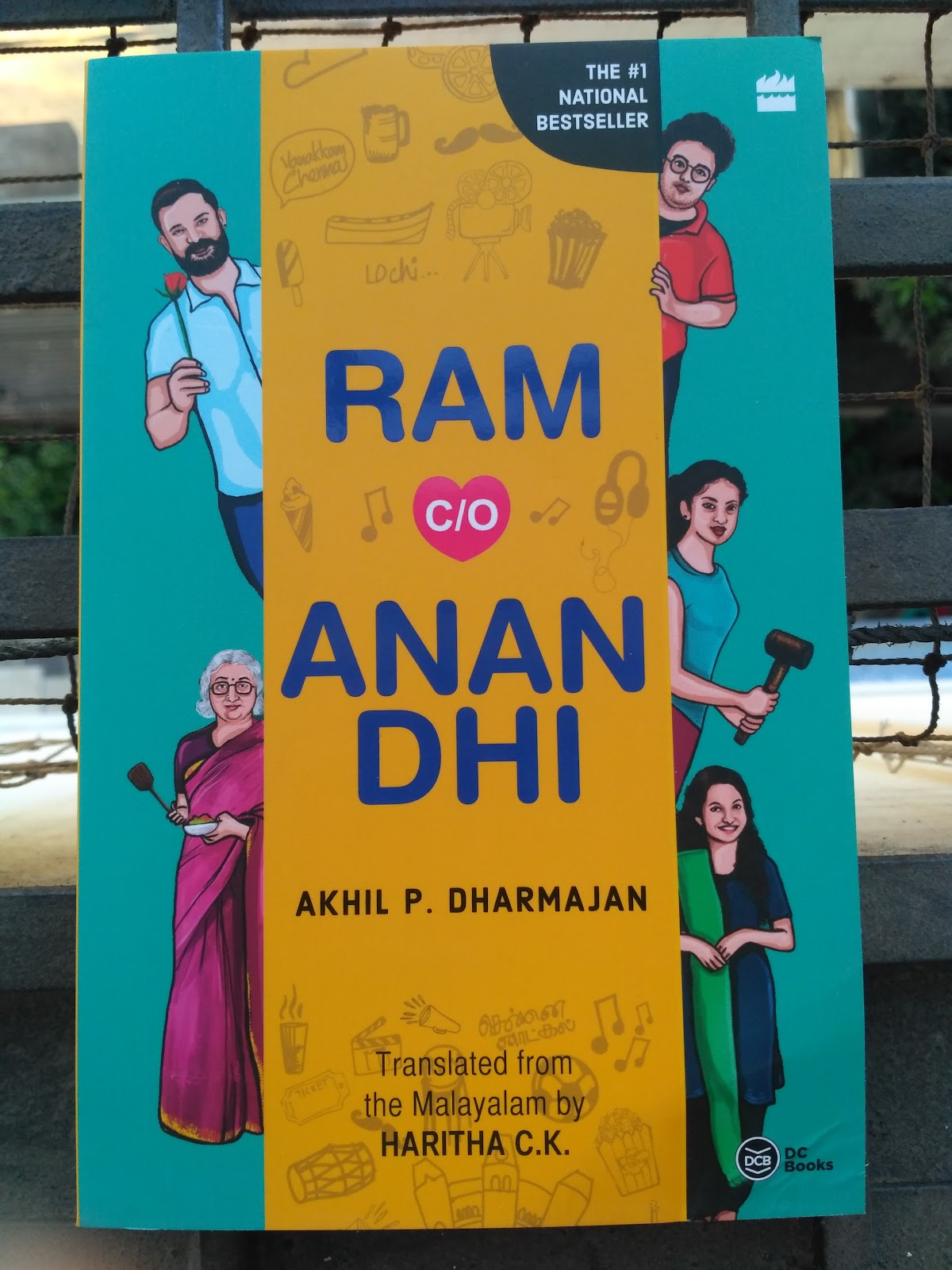Publication Date: 04th March 2025
Genre: YA Magic Realism, Hindu Mytho Fiction
3.7 Stars
One Liner: Love the setting, but the MMC was an idiot (this has a strong Hindu & desi vibe)
Ridhi Kapadia loves plants, trees, and forests. She’d do anything to meet the yakshas and become one of them. After all, she can already listen to the plants talk. Moreover, the forest understands and accepts her, unlike her classmates who bully her. Wearing flower crowns and making natural perfumes, she just wants to be accepted into the magical forest kingdom she belongs to. The rich and famous Nilesh Batra had everything handed to him on a platter and drifted through life skimming the surface. Until he finds out that his parents’ perfect marriage was a sham all along. Angry and lashing out at everyone, he wants nothing to do with anyone. Until he meets Kamini, a yakshini from the enchanted forests, his annoying once-childhood friend Ridhi loves. Smitten beyond his senses, Nilesh enters the land of yakshas unbothered by the dangers or consequences of his actions.
However, there’s more than what meets the eye. Ridhi and Nilesh might learn a few lessons as they go.
The story comes in Ridhi and Nilesh’s third-person POVs.
My Thoughts:
Firstly, the blurb makes it sound like it could be an enemies-to-lovers romance. It is NOT, and I’m glad for it. By the way, just look at that cover! Oh, my!
Secondly, I should no longer be surprised by the low ratings. Books with an inherent Hindu framework don't appeal to the western audience. When readers say they like Hindu mythology (Puranas), they mean they like how THEY want it to be and not the actual one. So, books like Kaikeyi get high praise while books like this and Legend of Meneka have low ratings. Sure, this one has quite a few flaws, but so did Kaikeyi and the Goddess of the River. Still, those books were exotic and appealing for presenting our ithihasas in a western framework, totally removed from their roots and distorted beyond recognition.
Anyhoo, rant over!
I’ll talk about what could have been better before I discuss what I liked. So,
The MMC, Nilesh. Yeah, he is a spoiled brat who needs a redemption arc. Yes, he is hurting, and I tried to be sympathetic. But boy, if the yakshas were performing a human sacrifice, I’d immediately volunteer him and stand guard to supervise the ritual. The arc could have been great, but the author lost control of it at some point. Maybe her focus was on the FMC and the setting, and she realized a bit too late to salvage the situation.
The hints of a queer angle almost went over my head until they were confirmed at the end. Subtle is good, but you can’t be that subtle. Most of the readers can’t even see it. Heck, I missed it too, but had a faint sense of ‘maybe’ which got confirmed on the last page. Why wait so long? Gosh, too little too late to blend into the plotline. A short paragraph when we get details of the past would have done the job.
The pacing is not slow, but the story is. That’s to say, not much happened until we reached the halfway mark, and this is a big book, so that’s already 200 pages. As much as I loved the setting and wanted to join them in Alkapuri, not everyone feels the same. They need something else to keep them going, especially when the writing and setting are so desi.
However, I cannot help but gush about the rest!
The beginning is so lush and descriptive. The writing is evocative and pure poetry, especially the snippets at the start of each part. Yeah, the author relied on the thesaurus, but I didn’t find it distracting (for a change).
I’m so surprised that the blurb doesn’t talk about Holi, given how significant it is for the plot. Instead of focusing on popular tropes, the blurb should have stayed true to the storyline. The book is set during spring when the colorful Hindu festival Holi is celebrated. There are quite a few descriptions of the preparations. The scenes of the actual event are vibrant and delightful. The festival has been seamlessly woven into the central plot and becomes the D-da,y where many things are revealed.
Though it has American Indian families, the vibe is very desi. Think of saris, dupattas, chappals, kaju barfi, shirkand, dholka, kichidi, aloo sabzi, etc. I can’t emphasize enough the importance of this. The cultural heritage takes on a new shape by blending with donuts and burgers instead of being replaced. The Indian communities come in all shapes, sizes, and types in foreign lands and are a unique blend of desi and videsi. That aspect comes out very well.
Ridhi is a darling. Yeah, she could do with a dose of self-confidence and thick skin, but that’s supposed to be her arc. Every single mention of her dressing up and wearing bangles, anklets, and bindis made my heart soar. You go, girl! Be unapologetic about who you are. Who cares what others say? Here, the others are also Indians, so this isn’t about external racism with idiots being idiots no matter who they are or where they live.
The seamless blend of real and magical. The setting easily shifts between the regular world and Alkapuri, the kingdom of yakshas. However, this may be confusing for some readers. I like that there’s no clear separator as the worlds also exist together, but it’s a risky decision. Readers unfamiliar with the concepts will be confused.
The range of scents, trees, flowers, flavors, etc., is mesmerizing. On the negative side, it can be overwhelming for some readers. I loved it because it aligns with the yakshas. Everything is extrasensory and doubly clear, so the whole vibe is not only atmospheric but also heady and hypnotic.
The mentions of Uravashi, Savitri, or Damayanti, and using their stories to create perfumes. Since I know who they are and what their stories are, I can breathe in the scents mentioned on the screen. There’s a difference between liking something, knowing about it, and being an integral part of it. You will have a full experience when you are a part of the story and its intricacies. Otherwise, it’s just pretty writing with exotic-sounding descriptions.
Quite a lot happens in the last quarter. It can give readers a whiplash if they’ve struggled so far. Of course, no way to avoid it since the whole thing had to happen in the same series. Worked well for me, but it might be confusing for others.
To summarize, Divining the Leaves is a proper desi fantasy. It is atmospheric, inviting, and delicious (all that food). However, the MMC and a slow plot don’t do it any favors. Anyway, I enjoyed the book. Thank you for using the word mandir.
Thank you, NetGalley and HarperCollins Children, for the eARC.
#NetGalley #DiviningTheLeaves



.jpg)
.jpg)
















